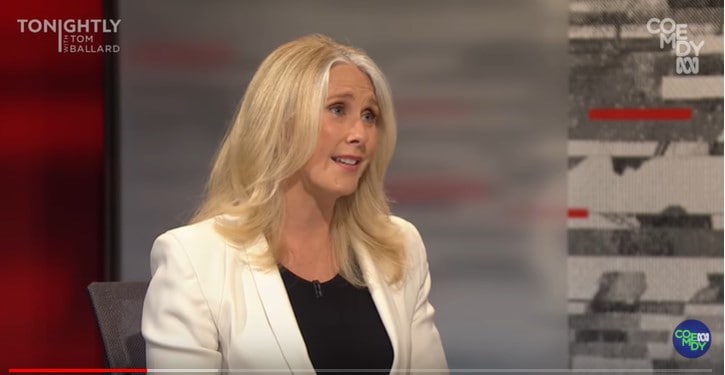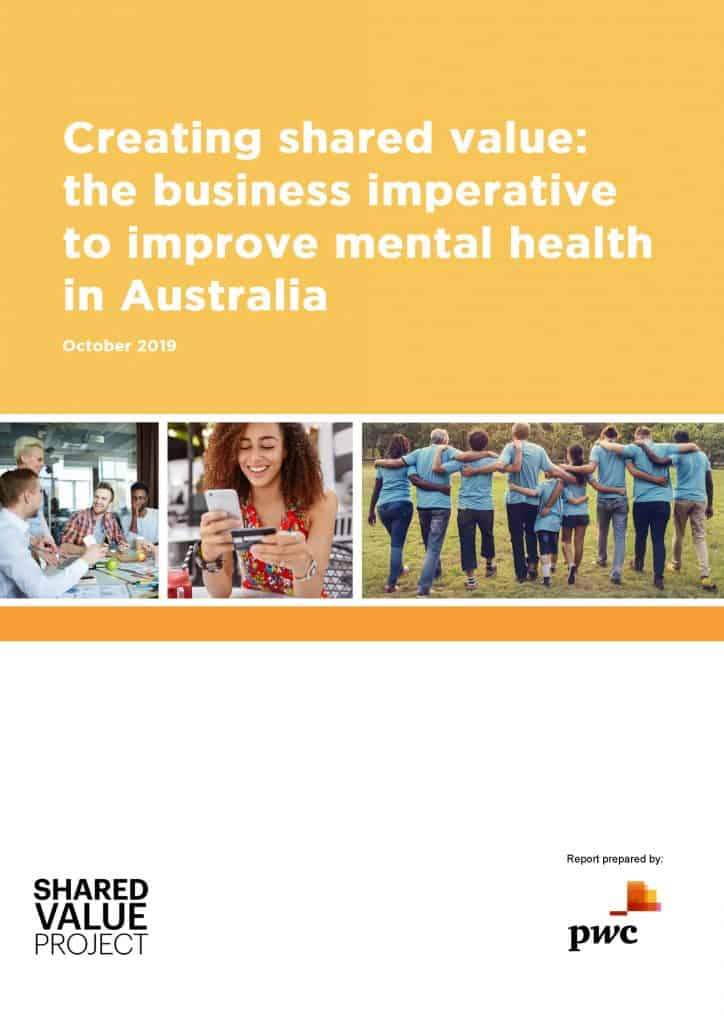
The current Environmental, Social and Governance (ESG) movement can be seen as the latest iteration of companies and business owners reflecting on the broader purposes of running a business. An earlier manifestation of this reflection was Corporate Social Responsibility (CSR). ESG and CSR are similar perspectives from different times but with a fundamental continuity.
Occupational health and safety (OHS) is integral to CSR/ESG/Sustainability considerations but is often overlooked or considered as a business add-on, a situation that has been allowed to persist by the OHS profession, Regulators and others over many decades.






